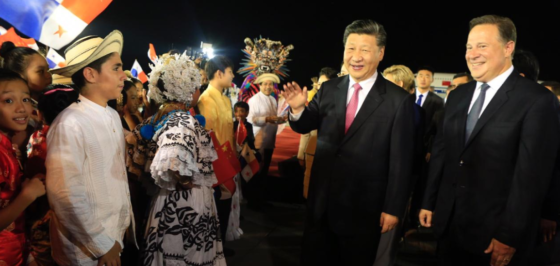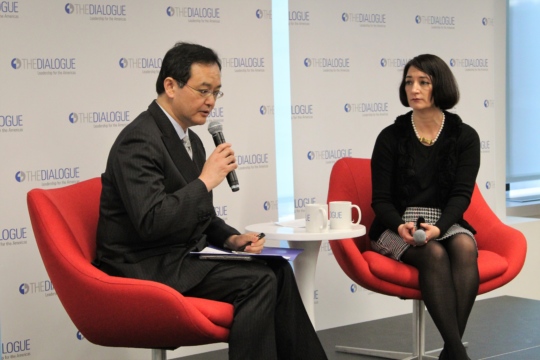 Video
Video
Japan’s Latest Moves in LAC: Reshaping the Partnership
Japan is upgrading its relations with Latin America with a focus on innovation, sustainable infrastructure and value chain development.
Japan is upgrading its relations with Latin America with a focus on innovation, sustainable infrastructure and value chain development.
What does 2019 hold in store for Latin American economies? Which countries will perform well economically, and which will struggle, and why?
Few neighbors have such deep and wide-ranging ties as the United States and Mexico. Both countries are bound not only by geography, but also through economic, security and social connections. Despite these strong connections—or perhaps because of them—the bilateral relationship is subject to strong pressures coming from domestic politics in both countries.
Over a year ago, as Donald Trump was on one of his tirades full of insults and falsehoods – to which most Americans have, sadly, now become accustomed – I asked an Argentine friend if he had ever heard such aggressive rhetoric from a president before. “Sure I have,” he responded, “but never in English.”
Electric mobility would bring a host of benefits to Latin America. Countries like Chile are taking the lead in adopting electric buses and promoting private use of electric vehicles. Yet hefty price tags and a lack of charging infrastructure are among the barriers that must be surmounted for widespread uptake in the region.
On Dec. 14, Dialogue Board member Brian O’Neill was appointed as executive vice president and COO of the Inter-American Development Bank. He will assume his new position on January 1, 2019.
Venerated U.S. Ambassador Thomas Shannon retired in February 2018 after an almost 35-year career at the State Department.
According to Stephen Walt, professor of international affairs at Harvard University’s John F. Kennedy School of Government, the past three decades of US foreign policy have led to unnecessary wars, tragic death and failed diplomacy. Walt shares his insights with Jane Wales, World Affairs CEO, about how to reorient US foreign policy and…
by Erik Brand, Publisher The Latin America Advisor’s editorial team has produced more than 50 editions of the weekly Energy Advisor this year for subscribers at many of the world’s most respected companies, as well as leading universities and government agencies on four continents. I am delighted to share ten…
While Mexican emigration has been declining for the past decade, Mexico continues to be among the top recipients of family remittances worldwide, with growth rates averaging 5% since 2010.
The Inter-American Dialogue and the Wilson Center’s Latin American Program hosted President of the Colombian Commission for the Clarification of Truth, Coexistence and Non-Repetition to discuss the challenges of constructing a coherent and honest narrative of the Colombian conflict.
On December 7, 2018, the Inter-American Dialogue’s Working Group on Latin America met for its 31st session. Dating back to 2001, the group is one of the longest-running and most successful initiatives at the Dialogue.
New leaders in Mexico and Brazil may mean big changes to their respective energy sectors. Lisa Viscidi tells Richard Miles of CSIS that a Mexican delay on offshore bidding could have a major impact, but that Brazil is likely to maintain the status quo. Venezuela could take years to recover production once it emerges from its current crisis, given the massive investment required to reverse declining oil output.
On December 4, the Inter-American Dialogue hosted an event titled Defending LGBTIQ Rights in Latin America: Obstacles and Advancements in Law and Culture.
What costs will Latin American countries face in exchange for China’s support, and what are China’s main goals in extending its influence in the region?
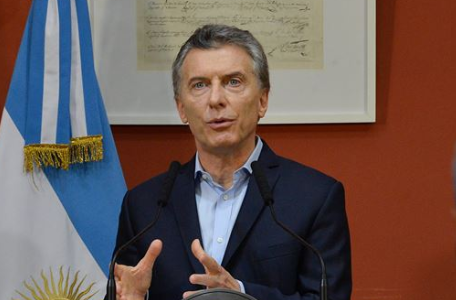
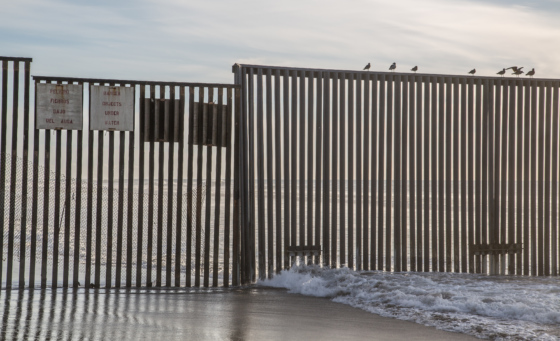




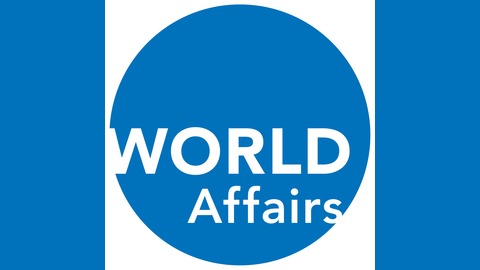
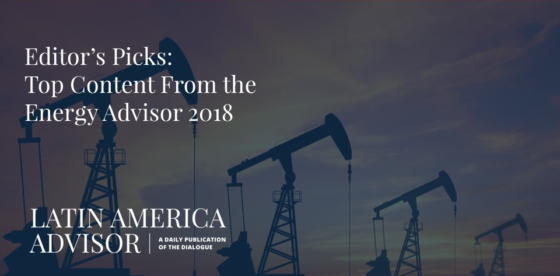

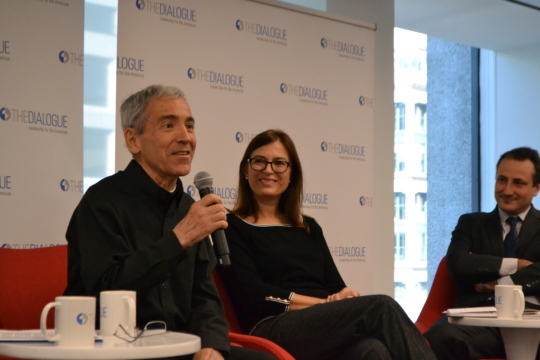 Video
Video
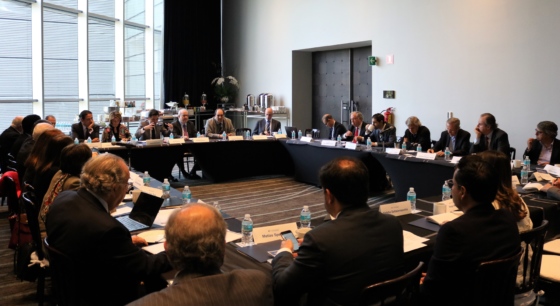
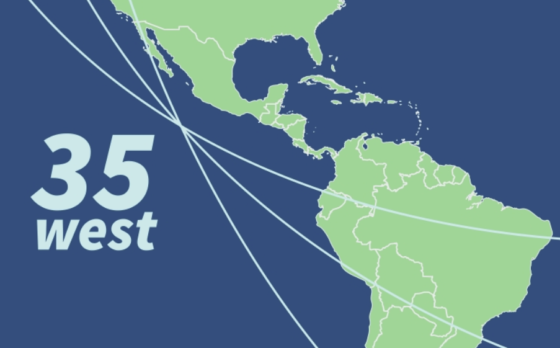 Video
Video
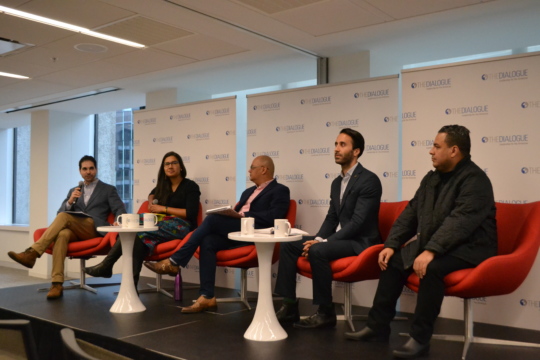 Video
Video
